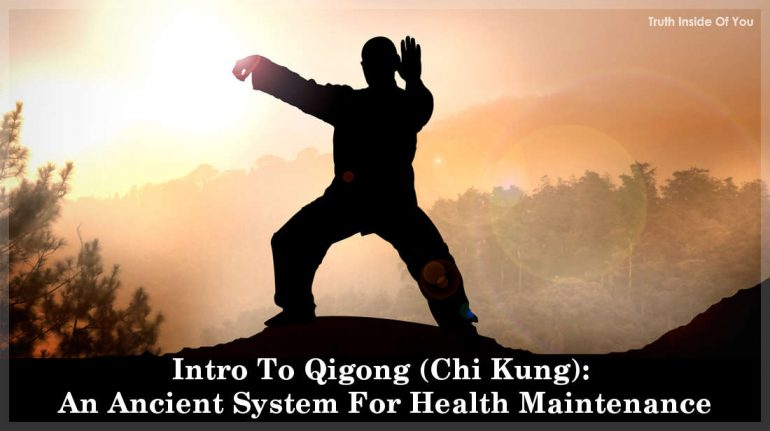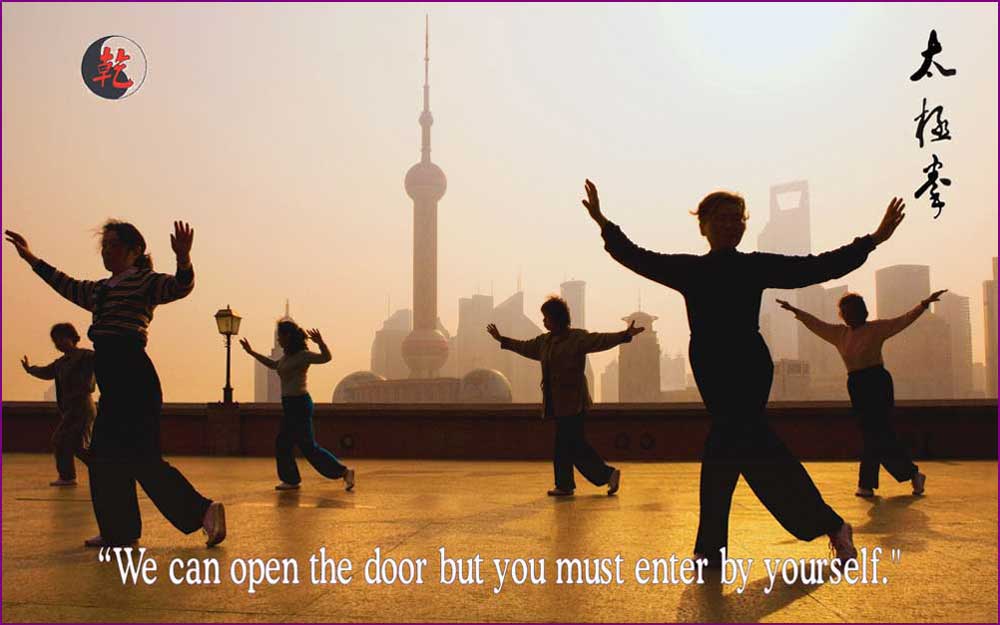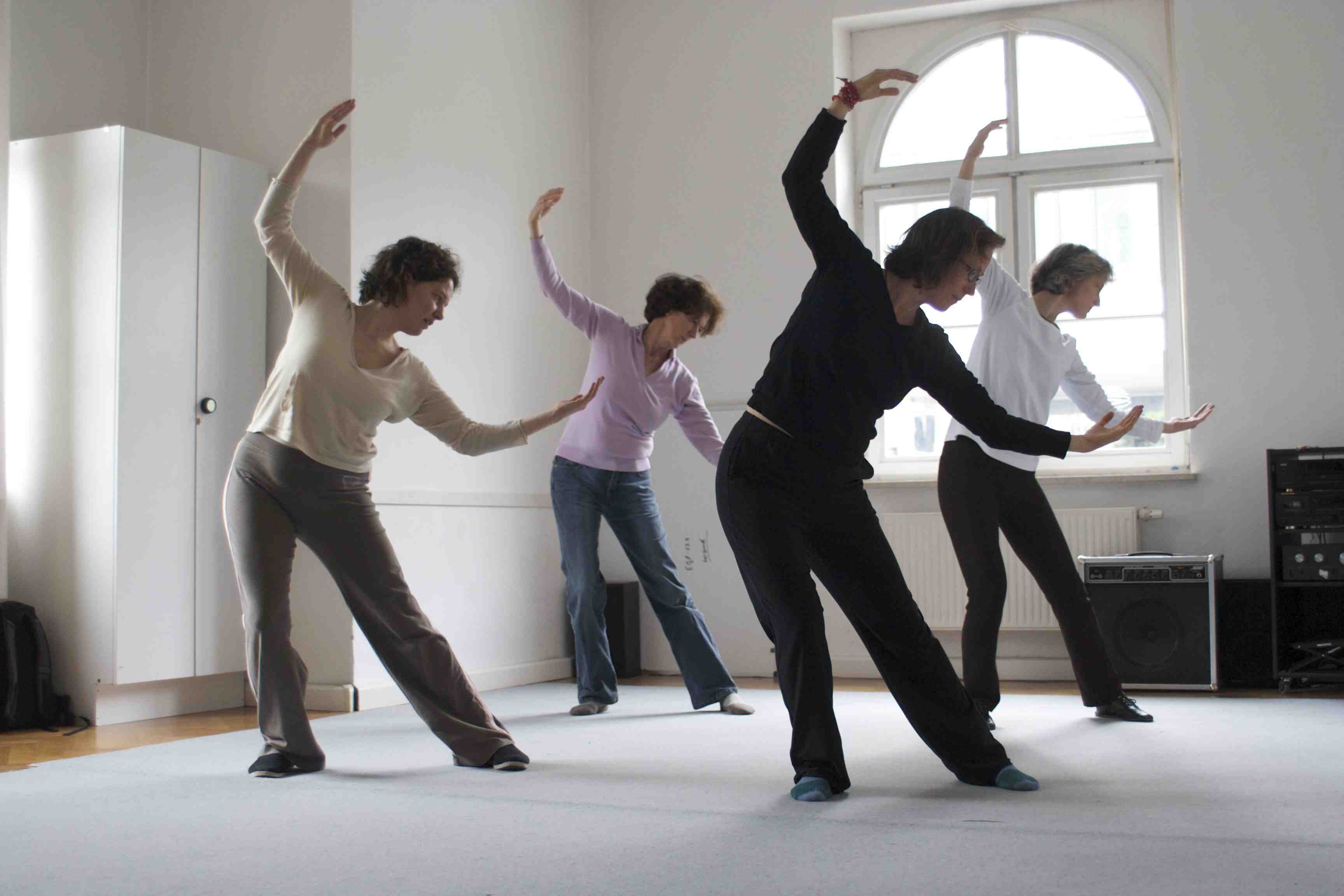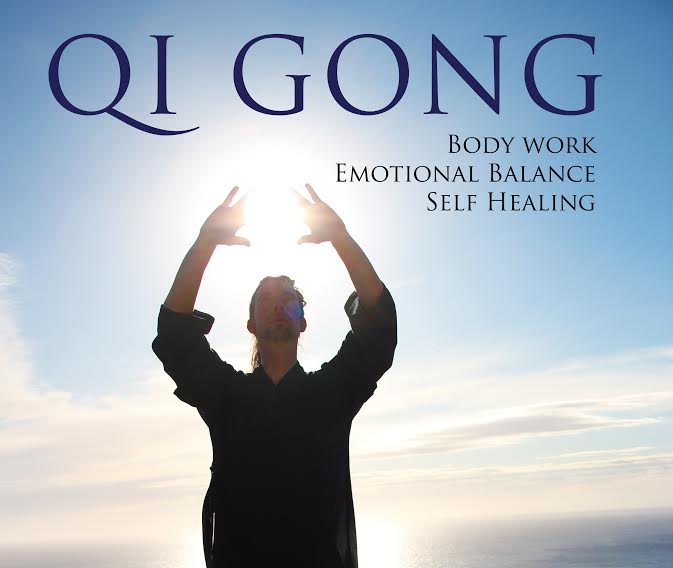Developed in medieval China, Qigong, or Chi Kung is an elaborate health care system that requires a bit of physique and a good deal of mental focus. ‘Qigong’ (Chi Kung) breaks into two Chinese words, i.e. ‘qi’ (pronounced as ‘chee’) means the essential life-force that brings everything universal to life, and ‘gong’ (pronounced as ‘gung’) means practised and cultivated skill. ‘Qigong‘, then, denotes a system based on the cultivation of life-force. By regulating and channelling the Qi flow, Qigong helps to heal and revive one’s own vitality.
Qigong prescribes a balanced combination of physical stances, breathing techniques and mental focus for a complete health care.
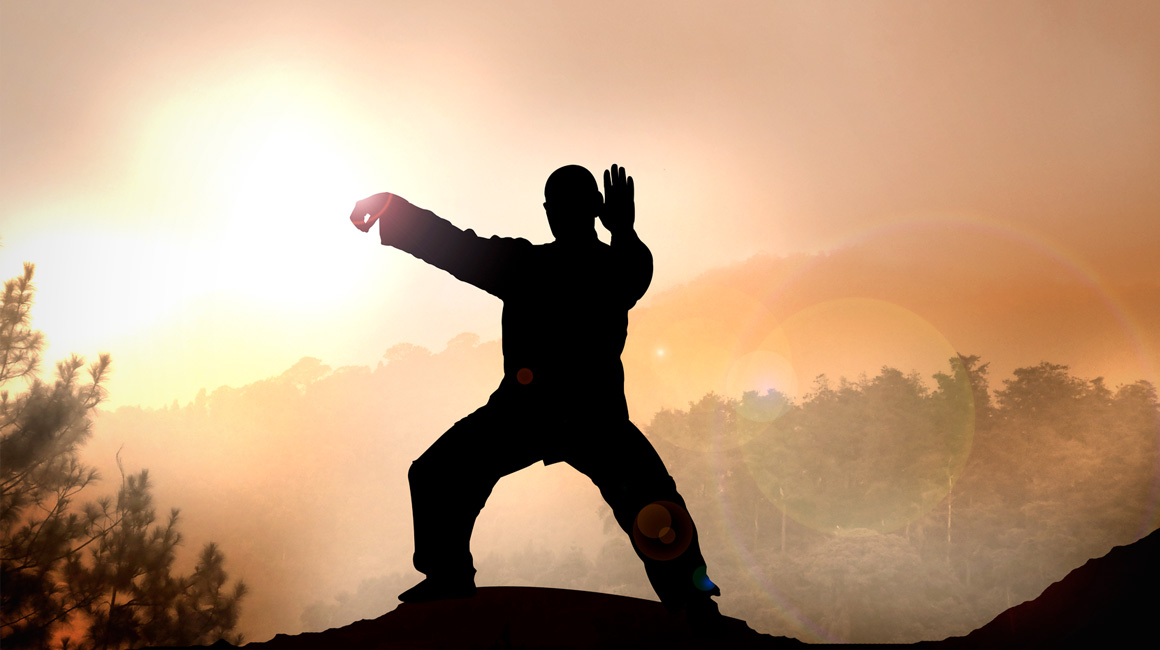
Qigong is classified into three subgroups: martial, spiritual and medical.
All the three styles, however, rely on a combination of physical postures, breathing methods and focusing techniques to work upon the Qi flow of the body. Some forms enhance the Qi flow while others circulate the energy throughout the body to initiate a process of cleansing.
The Power of Healing Is Inside Us.
The styles vary from the slow relaxing Tai Chi to the strenuous and combative Kung Fu (which you supposedly know from Mr Jackie Chan). However, the movements of Qigong are gentle and flexible – you can choose any form, regardless of your age group and physical incompatibilities.
Qigong is most certainly not an alternative to modern medicine, but it is yet an astonishingly effective health care system, as recommended by health experts.
Qigong takes into account aspects of health care which are otherwise neglected by other traditional forms of exercises.
These exercise methods, for example, have very little to say about the meridian system used in acupuncture, and in most cases, they overlook the importance of mental strength and breathing in order to overemphasise the physical aspect of exercise. Quigong is beneficial because it cares about reconnecting with your spirit rather than growing muscles.
Qigong reduces stress, increases vitality and the flow of blood, and helps to heal.
Qigong also improves cardiovascular, respiratory, lymphatic and digestive functions of the body, and as recent research has proved, reduces hypertension. A disciplined practice of Qigong revitalises your life by strengthening the mind-body parallel. When you regain the spiritual connection, it calms your mind and provides you with a new and positive attitude towards life. A balanced lifestyle harbours the Qi with a sense of all-encompassing harmony.
What Is The Difference Between Spirit And Soul?
The beauty of Qigong is that anyone can practice and benefit from it. Regardless of age, stamina, ability and belief system. It can be practised at any time of the day, and no special clothing is needed. Qigong has something in store for every age group. It increases concentration and discipline among children, reduces stress among the middle-aged working class. It also helps the aged to achieve greater balance in feet and in life. Prisoners turn to life through Qigong programs, and midwives, to easier childbirth.
Now that I got your attention, let’s talk about how you can get involved.
To begin with, try to find Tai Chi schools, Kung Fu academies and acupuncturists in the Yellow Pages. You can also look for instructors in the National Qigong Association member directory. When choosing an instructor, do some research on their background and experience. Always check the instructor’s license, and be cautious of frauds and con-men posing as professionals. And, FYI, the National Qigong Association does not recognise titles such as ‘Master’ or ‘Grandmaster’, so stay away from self-titled phonies.
Do Emotions Impact our Health? Explore the Answers
If you’re having difficulties to find teachers in your area, you can begin with books and videos on the topic. Also, keep an eye out for upcoming workshops. If you want to be familiar with the techniques, internet is a good place to start. The annual NQA conference is another platform to discover new styles and techniques. You can also meet instructors from all over the world, especially if you’re an enthusiast.
Firstly, choose a style according to your physique and energy.
Experts recommend sticking to a form for at least 100 days. Whatever style you choose, if you want a positive result, develop a time-bound practising habit, and follow it daily. Someone said that discipline is the steep path towards success, and you’re not supposed to take this Someone for granted.

